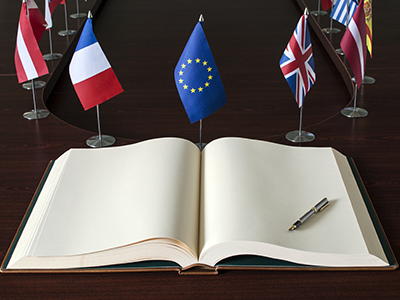
The Council of Ministers announced that the Luxembourg presidency had reached a “provisional agreement” with the European Parliament representatives regarding a new Trade Secret Directive (“Provisional Directive”) on December 15, 2015.
The Provisional Directive is the latest step in a process that began in November 2013, when the European Commission proposed a draft directive intended to align trade secret misappropriation laws across the European Union. As we have previously reported, the proposal has been the subject of much debate. The Provisional Directive resulted from negotiations between the European Parliament and the European Council and contains noteworthy distinctions from the original proposal:
- Explicit carve-outs for protected activities have been added in the Provisional Directive, including: union activity, investigative journalism and the protection of journalistic sources, and otherwise lawful employee mobility.
- With respect to employees, the Provisional Directive specifies that it should not be used to limit employee use of information not constituting trade secrets or “experience and skills honestly acquired in the normal course of their employment.” Additionally, employee liability for damages to his employer may be limited if the employee acts without intent.
- The Provisional Directive sets forth specific avenues of “lawful” acquisition: independent discovery, lawful reverse engineering, exercise of workers’ rights, and honest commercial practices.
- The potential statute of limitations is no more than six years in the Provisional Directive. This is a tri-fold expansion over the original proposal, which posited that claims “may be brought within at least one year but not more than two years” after discovery of the misappropriation.
- Consistent with the original proposal, the Provisional Directive instructs that purported trade secrets should not be disclosed as part of the judicial proceedings themselves. However, potential claimants should take note that the Provisional Directive specifies that at least “one natural person from each party and the respective lawyers or other representatives for those parties to the proceedings” must be provided access to the alleged trade secret materials.
The Provisional Directive will have to be ratified by the Council of Ministers and the EU Parliament before it goes into effect. If adopted, EU member states will have two years to adopt conforming legislation. State-by-state implementation will be interesting to watch and analyze.

